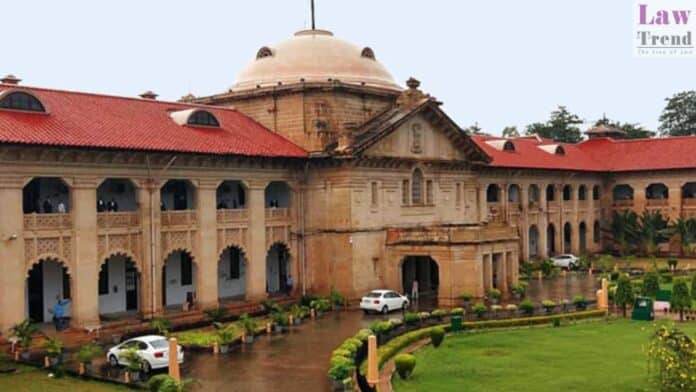In a significant ruling, the Allahabad High Court has held that disputes concerning public charitable trusts are not arbitrable and must be adjudicated under Section 92 of the Code of Civil Procedure (CPC). The court dismissed an appeal challenging the Commercial Court’s order, which had rejected an application for interim relief under Section 9 of
To Read More Please Subscribe to VIP Membership for Unlimited Access to All the Articles, Download Available Copies of Judgments/Order, Acess to Central/State Bare Acts, Advertisement Free Content, Access to More than 4000 Legal Drafts( Readymade Editable Formats of Suits, Petitions, Writs, Legal Notices, Divorce Petitions, 138 Notices, Bail Applications etc.) in Hindi and English.




